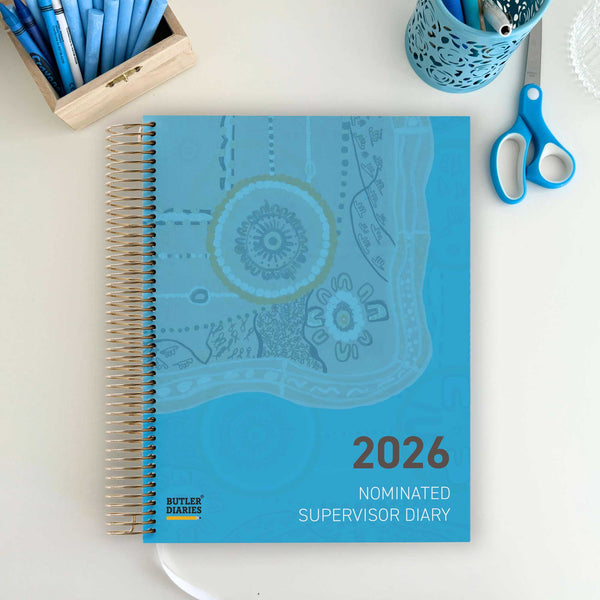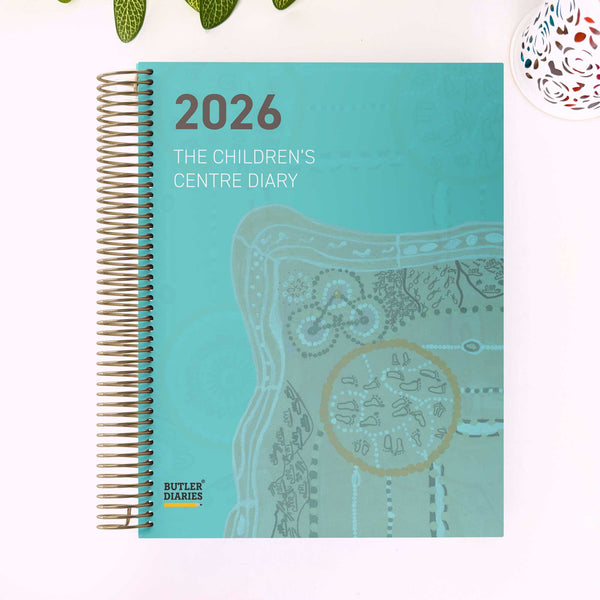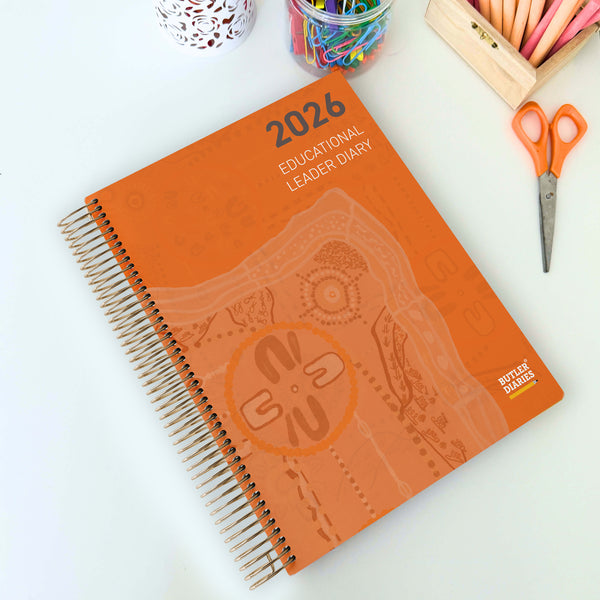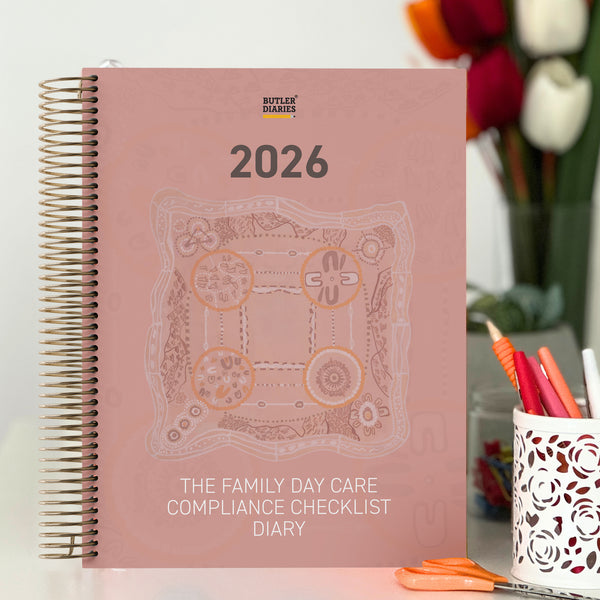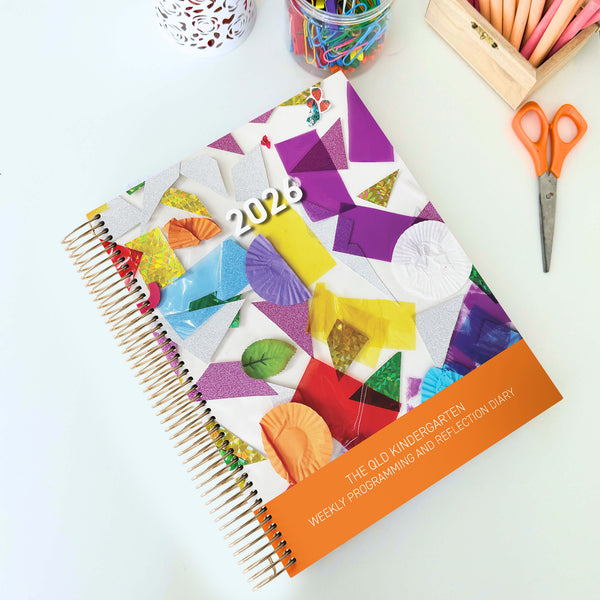Are you unsure about the difference between Meeting and Exceeding NQS? How is it decided where your service lands? The answer lies in the three Exceeding Themes.
Three Exceeding Themes
The three exceeding themes are:
- Embedded in service operations (Theme 1).
Practice is embedded in service operations when it occurs consistently, frequently and intentionally as part of an ongoing process that is understood and implemented by all educators across all aspects of the program.
- Informed by critical reflection (Theme 2).
Critical reflection involves a deep level of regular and ongoing analysis, questioning and thinking that goes beyond evaluation and review. Critical reflection informs practice when the continuous reflection of all educators, individually and together, influences decision-making and drives continuous quality improvement.
- Shaped by meaningful engagement with families and/or the community (Theme 3).
Practice is shaped by meaningful engagement with families and/or the community when educators actively seek input, guidance and feedback from children, families and the community. Meaningful engagement with families and/or the community helps to shift thinking, shape ongoing practice and foster a culture of inclusiveness and sense of belonging for all.
To be rated Exceeding NQS overall, all Quality Areas must be at least Meeting NQS, and four or more Quality Areas must be Exceeding NQS, with at least two of these being Quality Areas 1, 5, 6 or 7. The higher level of quality is assessed against each of the 15 NQS Standards using the three Exceeding themes.
- About Exceeding, https://www.acecqa.gov.au/assessment/exceeding-nqs

What are the Quality Areas?
The Quality Areas are:
- QA1 - Educational Program and Practice
- QA2 - Children's Health and Safety
- QA3 - Physical Environment
- QA4 - Staffing Arrangements
- QA5 - Relationships with Children
- QA6 - Collaborative Partnerships with Families and Communities
- QA7 - Governance and Leadership
And within those Quality Areas are NQS standards. Each standard will be considered against the below.
Theme 1: Practice is Embedded in Service Operations
What exactly makes your practice consistent and frequent?
- Your high quality practice is usual for your service. It is obvious to assessors when changes have occurred ahead of Assessment and Rating and are not a part of your every day practice.
- All your educators demonstrate consistent quality practice. This means all educators understand what is expected of them and they consistently perform to this high standard. Assessors will also be checked to ensure each educator's practice reflects a clear understanding of the requirements of the standard. This includes casual and part time educators.
- Assessors will check that the standards are reflected in your principles, practices, and philosophy.

Theme 2: Practice is Informed by Critical Reflection
Did you know there was a difference between reflection and critical reflection? Critical reflection involves considering, questions, analysing, and re-evaluating, it creates continuous improvement.
- Critical reflection is regular and ongoing and involves reflecting across areas of practice.
- It includes identifying opportunities for improvements and these improvements are actually implemented and critically reflected on.
- Educators own influence on their practice, their ideas, opinions, experiences, and biases, is recognised and critically reflected on including ongoing learning and development.
- Decision-making shows it draws on diverse perspectives.
Need more support in critical reflection? We include a range of supportive articles on the topic of Reflection. If you want support and prompts for your critical reflections, our Weekly Programming and Reflection Diaries are designed to support you in developing a creative program and critically reflecting on your practice.

Theme 3: Practice is Shaped by Meaningful Engagement with Families and/or the Community
This theme recognises the importance of children's ecological influences on their learning and development. The amount of interaction depends on your service and is recognised by the National Quality Standard. For example, school-aged services are expected to have higher interactions and strong relationships with schools and the community and fewer interactions with families. Whereas, services caring for younger children will have far greater interactions with families than the community.
- The voices of children, families, and the community will be reflected in your practice.
- Problem solving and shared decision-making between families and/or community and your practice will be evident.
- The community context and its unique environment, cultural and community practices will be reflected in your service.
- Inclusiveness is fostered through your practice.
Assessment and Rating
Assessors use the 'observe', 'discuss' and 'sight' technique to assess your practice.

Image from https://www.acecqa.gov.au/sites/default/files/2018-06/NewGuidanceDetermingExceedingNQS.pdf
Exceeding Guidance
Looking for more support and exceeding guidance? We have developed an Evidence Summary that includes Exceeding Guidance for NQS. It includes guidance on the three exceeding themes and helps you capture evidence for a smooth Assessment and Rating. You can check it out here, Exceeding Guidance for National Quality Standard: Evidence Summary.

Learn More
You can find more support and resources here, https://www.acecqa.gov.au/assessment/exceeding-nqs.











